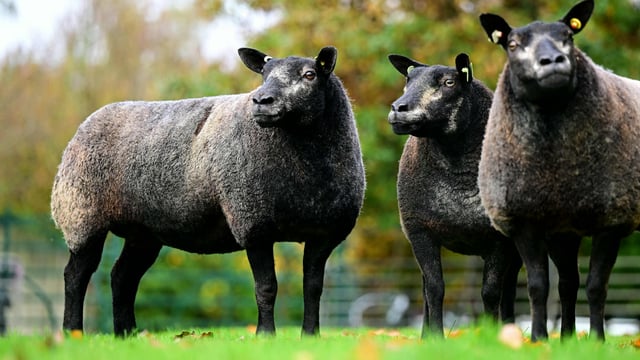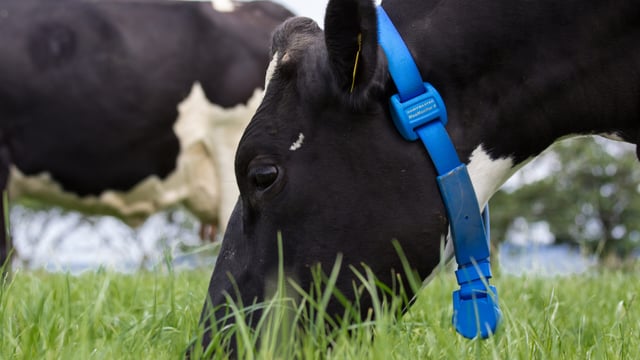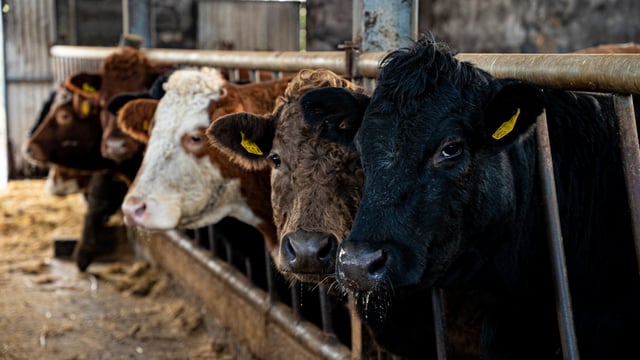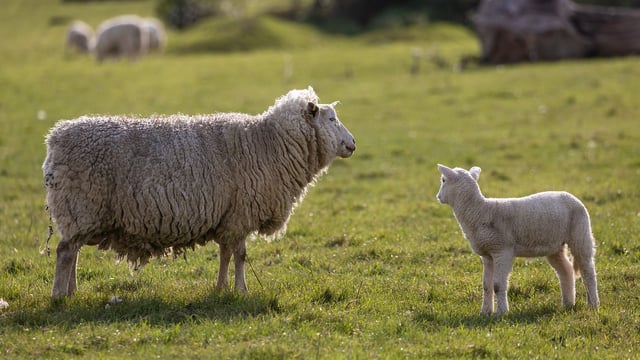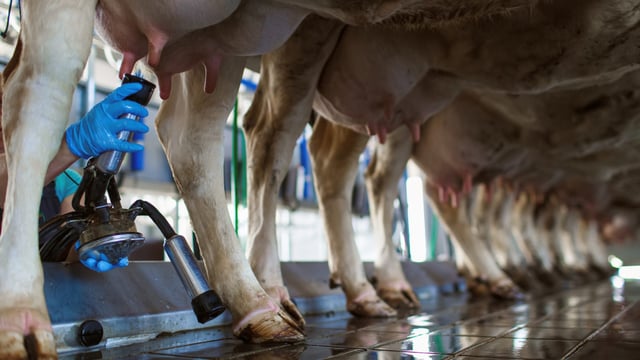'Govt bureaucracy' impacting farmer ability to 'manage their forests'
"Government bureacracy" is having a significant negative impact on farmers in "managing their forests".
Limerick and Tipperary Woodland Owners (LTWO) has said that forestry policy "will fail" if forest owners are not central to engagement on it.
This comes as Department of Agriculture, Food and the Marine (DAFM) confirmed to Agriland recently that work is still ongoing on the mid-term review of the Forestry Programme.
The mid-term review aims to examine any potential that exists for revising schemes or improving their performance for the remainder of the programme term, a department spokesperson said.
"Work is currently ongoing, and the department will strive to deliver the review by the end of the year," the DAFM spokesperson added,
LTWO director Simon White said that in June, Minister of State with responsibility for forestry, Michael Healy-Rae "promised to invite LTWO to sit round the table in the mid-term review of the strategy, so we look to putting our views across".
"Forest policy will fail if it does not include forest owners," White said.
'Crisis'
The AGM of LTWO took place recently in Pallasgreen, Co. Limerick.
Forest owners spoke of how they "followed government advice to the letter" in selecting and planting their trees, however it is now "government bureaucracy that is preventing farmers from managing their forests", the LTWO said.
Simon White told Agriland that "we have been through 10 years of crisis now in forestry", and the experiences of people growing trees "has been frustrating".
This is because, he said, "they have the experience and they want that listened to in designing policy, as to how we fix the problems that are there".
"We who are doing the negotiating and lobbying for change, we have seen the intransigence of the forest service, and we've seen the frustration of the growers on the other hand," White said.
He said farmers go into forestry as a "commercial venture, another use of land to make an income", but are also aware of the environmental side as "custodians of the land".
However, White said that farmers growing non-commercial trees with environmental benefit need to be rewarded financially for doing so, and not just be expected to carry out an "eco service with benefits for everybody else".
"There has to be a continuous payment for this."
With a number of roadblocks in place and bureaucratic challenges, White said "we have reached a brick wall if the policies do not go forward" by way of supporting growers in the way that is needed, and it will be very difficult to "entice people with land to plant".
Replanting
According to the LTWO, the replanting requirement in Ireland is another "major psychological impediment" to afforestation.
"If it was removed, the vast majority of landowners would still re-plant a commercial crop of softwoods, assuming no change in the area that can be re- planted," the LTWO said.
"Since ash can no longer be planted, there is no longer any hardwood species capable of giving a decent financial return in the medium term, so in these and other special cases, the re-planting requirement should immediately be removed."
The LTWO has also urged for the Independent Review of Ash Dieback Response to be fully implemented, "not piecemeal as is the case".


